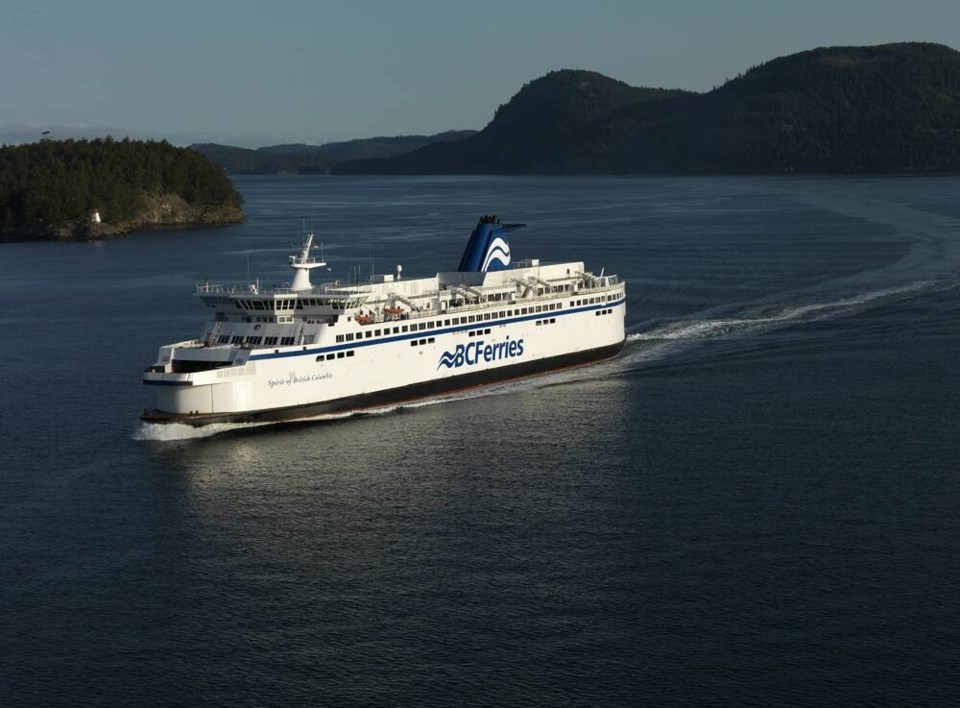Ferries CEO Mark Collins is further evidence the BC NDP government intends to exert more influence over the beleaguered ferry service.
However, the dismissal of Collins will likely do little to solve the ferry service’s most pressing problems: a chronic lack of properly trained mariner staff and the ongoing staff shortages caused by the lingering COVID-19 virus.
Collins’s dismissal should come as no surprise to those who have been watching the increasingly tense dance between his administration and the NDP government.
The relationship took a turn for the worse at the beginning of the pandemic and has not improved since.
In April, 2020, BC Ferries laid off more than 1,000 employees and arbitrarily eliminated sailing routes or greatly reduced service levels on them. Both moves – which were politically tone deaf, to say the least –angered the provincial government.
Although almost all employees eventually returned to work and service levels were restored, the moves left the provincial cabinet wondering what shoe was going to drop next.
It didn’t help matters when an independent arbiter found that BC Ferries committed unfair labour practices when it laid off all those workers. A rather embarrassing moment for the labour movement-friendly NDP government.
Indeed, problems began to plague the ferry service. It was fined almost $700,000 by WorkSafeBC after one of its employees died on the job. A ferry rammed into a dock, and rising staff shortages led to more and more sailing cancellations.
In the last legislative session, the government tabled a bill – the Coastal Ferry Amendment Act – that would establish a new governance model that gives the British Columbia Ferry Authority the power to make “binding directions” to BC Ferries that are in the “public interest.”
The bill still sits on the order paper and has not been passed into law. It will either be called for debate during the fall legislature sitting or die on the order paper.
Indeed, the bill may not even be required given the swift action taken by the new BC Ferries board of director, whose chair – former NDP cabinet minister Joy MacPhail – personally informed Collins of his fate.
The relationship between BC Ferries and the provincial government has long been an arm’s-length kind of arrangement, although the previous BC Liberal government also appointed a board and a ferry authority that oversaw operations.
But the new board’s decision to oust the CEO may signal the length of that arm in that relationship may be getting shorter.
In judging whether the NDP government is indeed trying to wrest more control over the company, a few potential moves by the provincial cabinet would be the tip-off. For example, will the government insist the 160 senior officer positions that were made management positions in 2010 be returned to the ferry workers’ union?
Another: will the government insist future ferry vessels be built, in whole or in part, in a sa国际传媒 shipyard (although there are doubts there is enough capacity to accommodate such a directive).
The NDP does not want BC Ferries to return to Crown corporation status, because that would transfer a lot of ferry debt onto the government’s books (not to mention the government would then be directly responsible for things like reduced sailings).
But make no mistake: the government has no intention of letting the quasi-private company do as it pleases. In the meantime, look for continued sailing cancellations as the search for a new CEO begins.
Keith Baldrey is chief political reporter for Global BC.
